How a Tollygunge Tutor from Humble Background Built a Rs 93 Crore Business Empire

Partho Burman
| Kolkata
25-April-2024
Vol 15 | Issue 17
Amid the narrow lanes of Tollygunge, Kolkata—where the magic of Bengali cinema comes to life—a young boy named Subrata Roy began to shape his future.
His ambition and relentless pursuit of success would eventually make him build three successful companies, Moople Animation Academy, Hi-Tech Animation Studio, and Tutopia, an education app, with a cumulative turnover of Rs 93 crore.
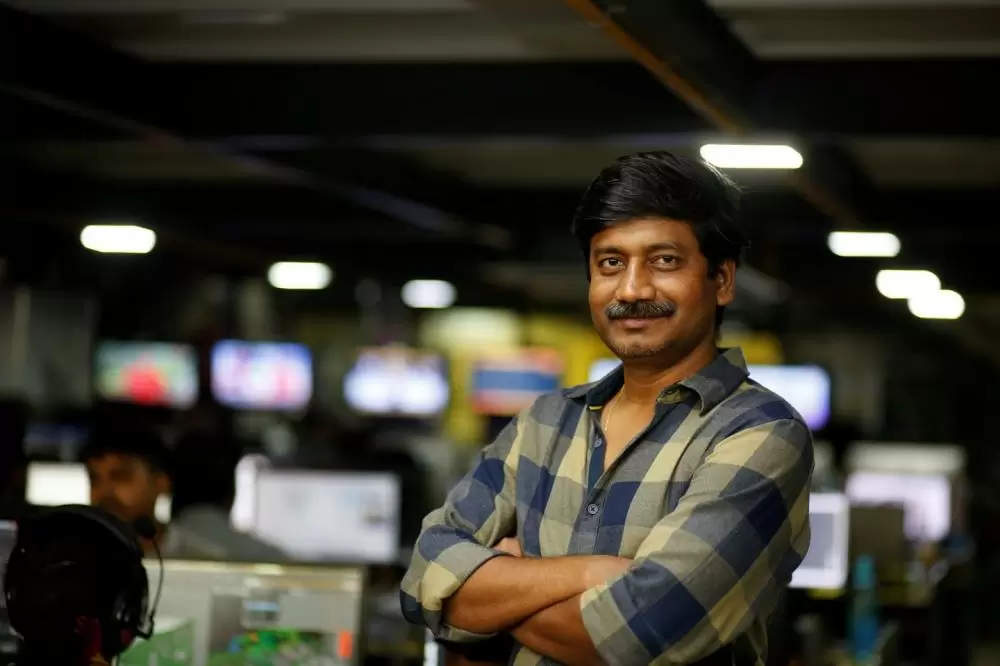
| Subrata Roy started earning while in college by offering private tuitions for school students (Photo: Special Arrangement) |
Born into a lower middle class family, Subrata was the fifth of six siblings. His father was employed as an accountant with a private company in Kashmir, while his mother supplemented the family's meagre income by teaching sewing to local women.
Growing up in a neighbourhood synonymous with Bengali cinema, Subrata's early exposure to the creative arts would later influence his career path profoundly.
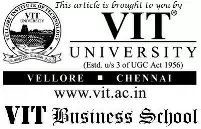
Subrata studied mostly in Bengali-medium government schools, and completed his Class 12 from Paschim Putiary's Putiary Brajamohan Tiwari Boys High School, a government-supported school, in 1991. He went on to get his B.Com degree from Heramba Chandra College (South City), Golpark in 1993.
Facing financial difficulties and needing some extra money during his college years, Subrata decided to start giving private tuitions. He taught students from class 8 to class 12 at his home.
His unique way of teaching quickly made him very popular. What started as a small class with just four to five students quickly grew into a large coaching centre called Vivekananda Tutorial Home, located at Haridevpur in Tollygunge.
In just the second year, by 1994, he had more than 100 students, and within three to four years, the number rose to 450.
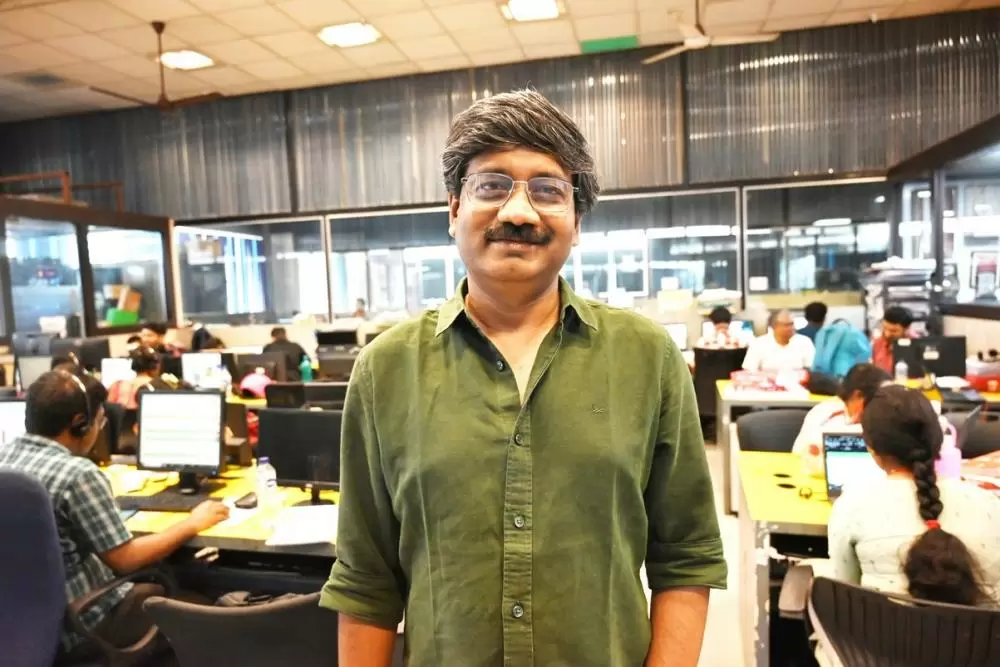
| Subrata learned animation from technicians employed in the film industry in Tollygunge (Photos: Partho Burman) |
“I didn't know I could make enough money from private tuition. I charged a modest fee of Rs. 70-80 for all subjects, and then slowly increased it to Rs. 300-450,” Subrata reflects on his early foray into education.
This unexpected success was the first step toward greater entrepreneurial ventures in the future.
"I loved painting and sketching in my childhood. After I graduated, I was inspired to explore animation. I then began taking training in animation," Subrata recounts.
“Instead of learning it from a reputed institute, I refined my skills under graphic designers employed by the film industry at Tollygunge studios. I not only learned it, but I also earned by mentoring my students in animation.”
This experience culminated in the establishment of the Animation Academy in 1996, which later evolved into Moople Animation Academy. It was during this period that Subrata met his future wife, Sanchayita, in an animation class.
She possessed exceptional artistic skills and soon began assisting him with the business, taking over the management of the coaching classes while Subrata concentrated on growing the animation academy.
Subrata's business acumen blossomed as he founded the Hi-Tech Animation Studio in 2012 from a 1500 sq ft rented flat, marking the inception of his second major venture.
A political satire animation that the company produced was featured in ABP Channel and it became a huge hit. “Based on the response, the channel offered me a one-year contract to create animation for them,” recalls Subrata.
This success opened Subrata's eyes to the lucrative potential of animation production. He began pitching to several other television networks across Kolkata and soon found his services in high demand with nearly every local TV station.
Later, he turned his attention to children's programming and approached major networks like Disney, Nickelodeon, Cartoon Network, and Pogo at their Mumbai headquarters.
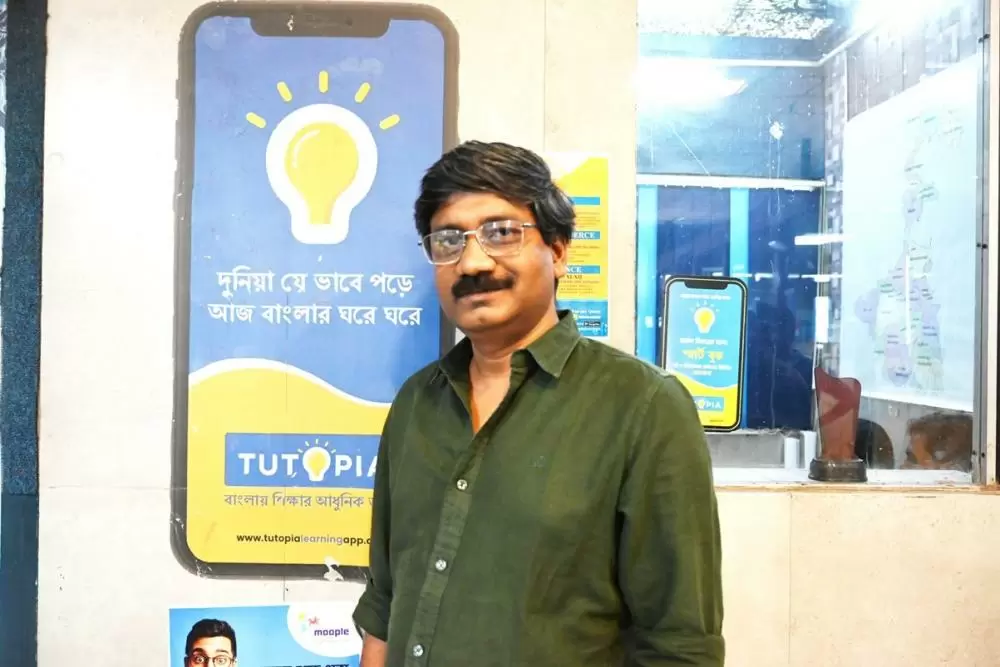
| Subrata forayed into animation production in the last decade |
Despite initial rejections, his persistence paid off when he convinced studios in Mumbai that production costs in Bengal were significantly lower, leading to substantial contracts.
"I was able to persuade them in the end and obtain orders from the studios,” says Subrata.
“After a few years, the channels learned about my work because there aren't many in our field. Eventually, Sony gave me a direct assignment to do the cartoon series 'Guru aur Bhole' in 2018." The success of this series established his studio as a credible player in the national animation market.
Subrata's team had been creating educational animations for BYJU'S since 2017. However, when COVID-19 struck, BYJU'S suddenly stopped funding the projects without any prior notice.
Subrata faced a critical decision about the future of his employees. "For five months, I had to pay their salaries without any projects on hand," he laments. Faced with the tough decision of either laying off his staff or finding a way to keep them employed, Subrata chose the latter, valuing their contributions.
“Of course, firing them would be the simplest route, but it would have been cruel,” he notes. Moreover, he was aware of their potential and did not want to let them go.
“They weren't liabilities; they were assets, having created educational content for two years. I decided to leverage their skills and my tutoring experience to develop a tutorial app."
This decision marked the inception of the innovative educational platform, Tutopia, harnessing the talents of his team during a critical time.
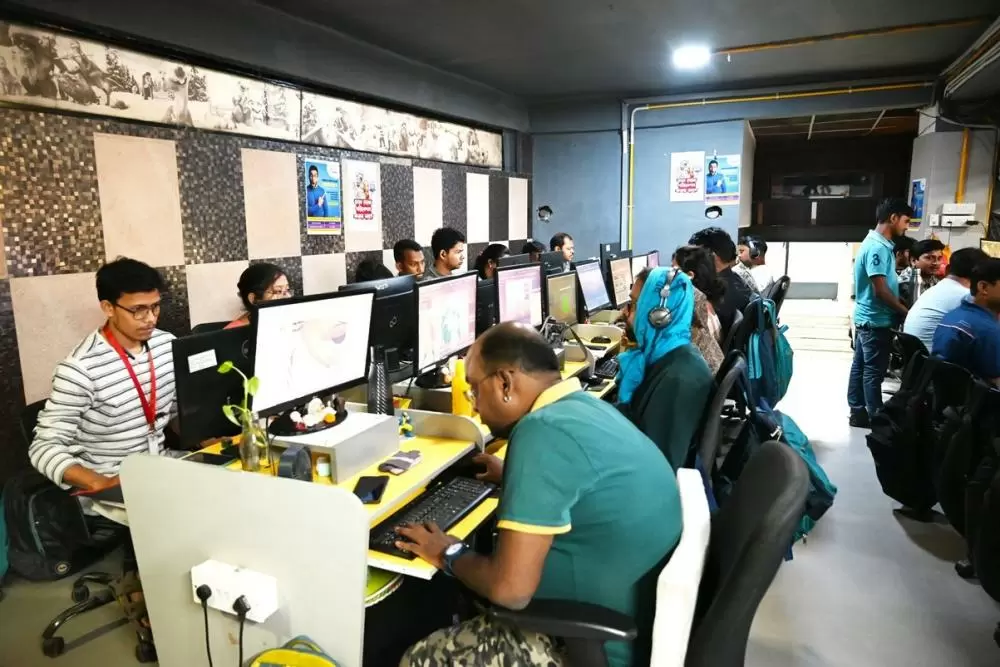
| Tutopia, an education app, was launched to retain some employees after the company lost a big project during the pandemic |
Subrata had noticed that most tutorial centres in West Bengal focused on the CBSE and ICSE students because they could afford higher fees. But the number of students registered for the Class 10 exams in CBSE and ICSE were just 75,000, while there were 1.2 million students registered for the WBSE (West Bengal Secondary Education) exams.
Seeing that the students studying under the Bengali-medium were often overlooked because they couldn't afford high tuition fees, Subrata decided to launch Tutopia tapping this market.
He points out that some of the educational apps could charge as much as Rs. 30,000 per student. “I decided to charge just Rs. 3,000 because there were 1.2 million Bengali-medium students who needed help. On February 14, 2021, I launched the educational app Tutopia specifically for these students," says Subrata.
Understanding the popularity of video among current generations, Subrata chose cartoons to deliver educational content through his app. "One million pupils have downloaded the Tutopia app," Subrata says with a smile, adding, "Tutopia has a 4.8 out of 5 rating on the Google Play Store."
Tutopia also offers an additional feature, Tutopia Plus, which is free with the app and includes a range of extracurricular and fine arts activities.
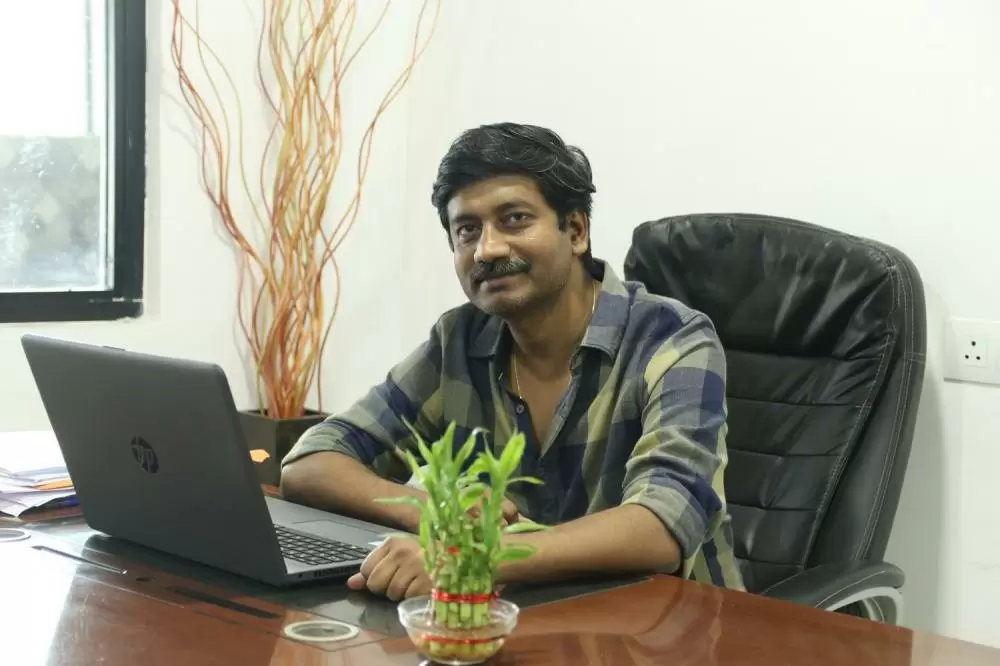
| Subrata plans to write a book to promote entrepreneurship among the Bengalis (Photo: Special Arrangement) |
This feature brings experts such as Dibendu Barua teaching chess, vocalist Rupankar training in modern Bangla songs, Bratati Bandyopadhyay sharing her recitation skills, Lopamudra teaching Rabindra Sangeet, and Dona Ganguly instructing in Odissi dance.
Moreover, it provides robotics, gaming classes, and free spoken English lessons for Bengali-speaking students.
Outside of his professional life, Subrata is keen to challenge a common stereotype. He notes a prevalent misconception that only Marwaris are successful in business, while Bengalis are not.
"The Biggest Myth is the title of the book I intend to write. I will impart business acumen to our community," declares this son of Tollygunge, who has turned every goal into a reality, and continues to inspire and lead by example. - ©TWL














